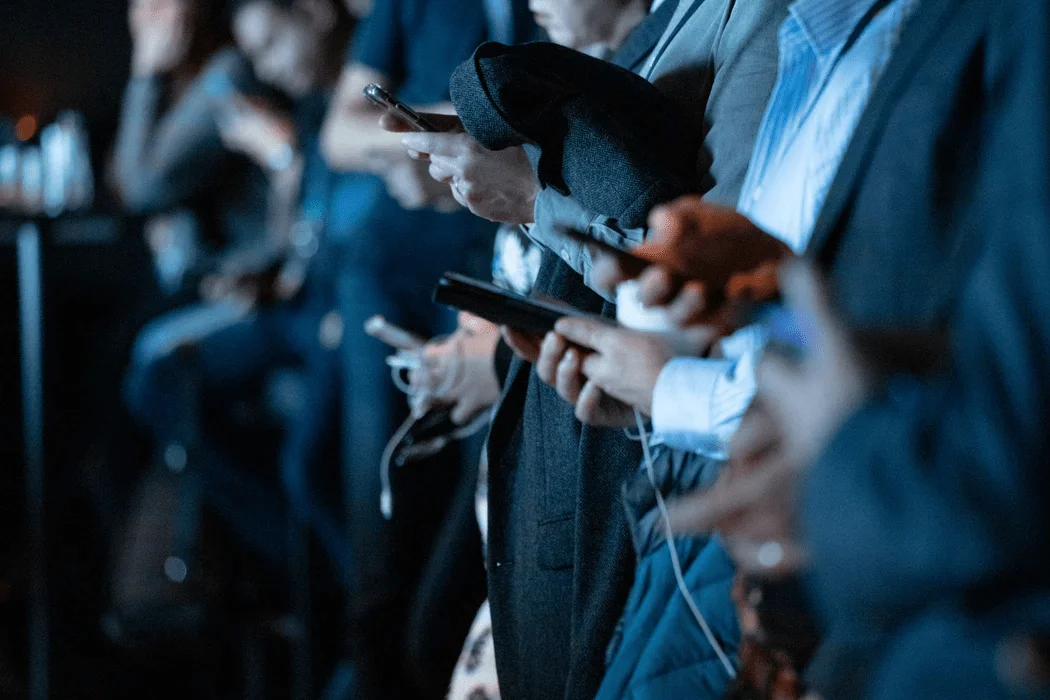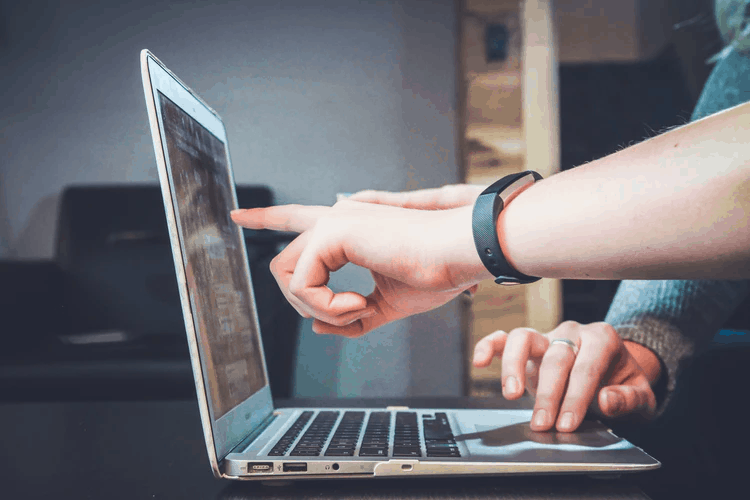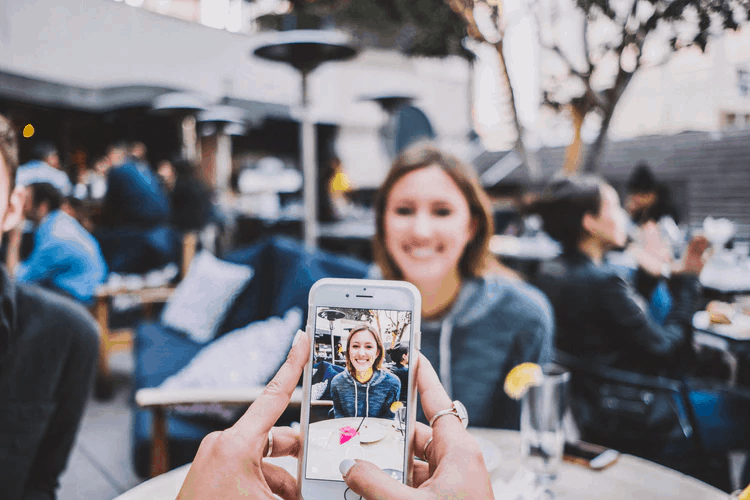How Your Secrecy Can Be the Best Security Layer

When it comes to protecting your data and your workplace, there are many options for business owners. Your organization can invest countless hours and funds into procuring the best security solutions and systems, but at the end of the day, you may very well be missing one extremely crucial aspect of security. Organizations and businesses run on people. Ensuring that your employees can be trusted to protect your business (the same way that your security system does) can be game-changing, and can help avoid some very sticky situations.

Secrecy vs. Privacy
As we progress further and further into the digital age, it becomes increasingly clear that in actuality, privacy is the pinnacle of security, not secrecy. Though it may seem like a matter of semantics, these two words have very different meanings when defined:
- Secrecy is hiding information that can be otherwise easily obtained through simple observation or analysis, while
- Privacy is preventing the information from being intercepted when it is being shared between two or more parties, especially online.
When put into the context of security (especially digital), we can see that privacy measures are put into place to ensure secrecy. Therefore, you cannot have one without the other. That being said, let’s look at some of the things you and your employees can do about privacy!

Privacy through Confidentiality
Privacy in and outside of the workplace can have a great impact on the overall security of your business’ information. This is also where educating your employees on how to protect confidential information comes into play. For example, if your organization has added layers of security on the premises (such as electronic access control or keypad locks) it is important that employees and management alike are taught not to give out any information that can be overheard or seen by outside individuals. This includes keypad combinations, the location of the business, and even what kind of security precautions have been taken. Having this information, no matter how insignificant it may seem, can aid an individual with malicious intent to have unchecked access to your organization’s information.
That being said, if one of your employees must give out information of this nature, be sure to educate them on how they can do it safely. This includes things like:
- Not saying passwords, combinations, or giving insights about security protocols out loud, especially in public settings.
- If sending private information online, be sure that the Wi-Fi network that is being used is a secure one. If no secure network is available, use a trustworthy VPN.
Why Personal Privacy Matters
Privacy and secrecy must be kept in mind, no matter if you are part of a highly specialized organization, or just want to further ensure the security of your personal information. Oftentimes, access to personal information, especially digital, means a way into your workplace data.
Protecting your personal information can be as easy as keeping passwords and login information organized. To read more about how you can do this, check out From Our Lock Experts: How to Organize Combinations and Passwords.


